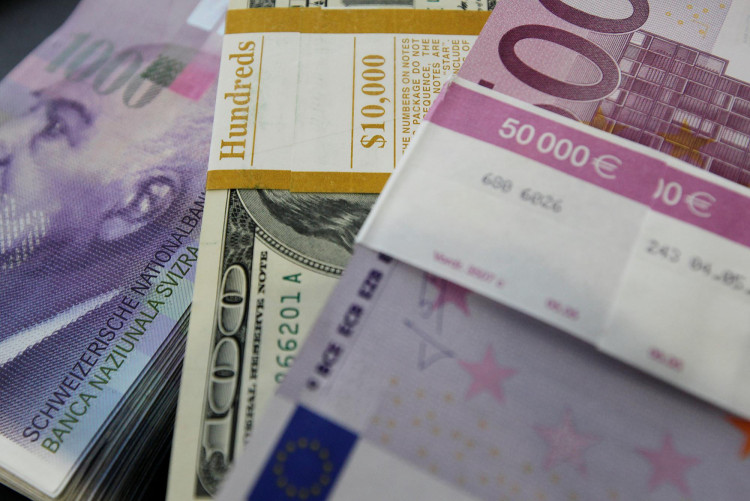In the wake of escalating tensions in the Middle East and a robust US jobs report, the US Dollar has experienced a significant surge against major currencies, notably the Pound and Euro. This financial shift underscores the intricate interplay of geopolitical events and domestic economic indicators in influencing global currency markets.
The US Dollar's rise against the Pound and Euro was notably influenced by a strong US jobs report for September. According to the Bureau of Labor Statistics, the US added an impressive 336,000 jobs in September, far surpassing market expectations which had been set at 171,000 jobs. This robust performance is indicative of the underlying resilience of the US economy, which has consistently exceeded many analysts' expectations.
In response to the jobs report, the Pound to Dollar exchange rate (GBP/USD) experienced a drop of over half a percent, reaching a daily low of 1.2117. Concurrently, the Euro also felt the pressure, falling below 1.05 to trade at a rate of 1.0490. These shifts in currency values were further exacerbated by a surge in ten-year treasury yields, which reached 4.85%. This rise in yields has sparked concerns among financial analysts about potential instability due to increasing borrowing costs.
While the strong jobs report has been a significant factor in the Dollar's rise, it's not the only element at play. The ongoing military clashes between Israel and the Palestinian Islamist group Hamas have deepened political uncertainty across the Middle East. This geopolitical unrest has led to a flight to safety among investors, further boosting the demand for the US Dollar, often seen as a safe-haven asset, especially during times of global uncertainty.
However, it's worth noting that despite the positive job creation numbers, weaker wage growth has been observed. This trend doesn't significantly increase the likelihood of another rate increase by the Federal Reserve before the year's end. Nevertheless, the US Dollar is expected to maintain its strength, supported by data that aligns with the expectation of "higher for longer" US interest rates. In contrast, the Pound, Euro, and other G10 currencies may continue to face pressure, especially if economic data unexpectedly deteriorates or if rising bond yields create further issues in financial markets.
As the world watches the unfolding events in the Middle East and their potential ramifications on global markets, the strength and resilience of the US economy, as evidenced by the recent jobs report, offer a semblance of stability in these uncertain times.




